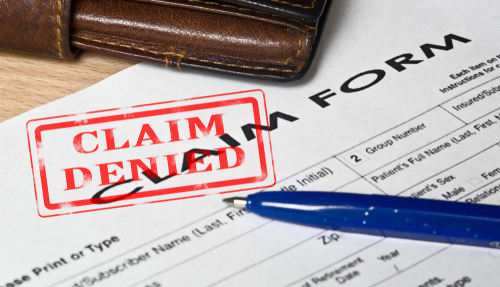
Table Of Contents
Military Service requirements
Even the advocates change in 2010 eliminating the requirement that veterans prove exposure to stressful events in most combat situations, the VA still frequently requires veterans to produce evidence of being in a combat zone, etc. It also still unfairly places the burden on veterans to prove the stressful events in non-combats situations. This is absurdly unfair because veterans frequently are unable to produce this evidence. The VA also fails to understand the signs and symptoms of these conditions demonstrated in service. We may be able to help.
VA Examinations
As part of the evaluation of PTSD claims, the VA will send you for a VA Examination, typically with a VA psychologist. This person is an employee or a contractor of the VA. It has been our experience that these examiners regularly misdiagnose cases of PTSD as being a different and

The examiners also regularly fail to consider non-VA and non-medical evidence showing the severity of the symptoms. This results in the VA examiners concluding that
Ratings
VA disability ratings for PTSD range from 0, 10, 30, 50, 70 and 100%. It’s not surprising that the initial ratings the VA
Unemployability
The VA constantly fails to inform veterans who are unable to work due to their PTSD (or any combination of PTSD and other service-connected conditions) that they may qualify for Total Disability due to Individual Unemployability (TDIU) commonly referred to as unemployability. Unemployability entitles the veteran to a 100% rating.
Personality Disorders — The Military & VA’s Dirty Little Secret
Under current VA regulations, a veteran is not entitled to receive service-connected disability benefits for a personality disorder because the condition exists prior to military service — typically showing up during childhood. However, it’s not surprising that the military has a long history of misdiagnosing these conditions and/or using a “personality disorder” diagnosis as a basis for separating a service member without having to provide any benefits. The military also used (or abused) the “personality disorder” diagnosis to allow service members to leave the service, all the while unknowingly losing potential benefits. In many of these cases the service members were actually suffering from other mental disorders including PTSD, anxiety disorder, depression, schizophrenia, etc., that entitle them to service-connected disability benefits.
If you have been denied because you were diagnosed with a personality disorder you should contact us to discuss your case. The best guarantee to protect yourself from the above mistakes is to have a VA disability advocate who is familiar with all types of mental impairments to accompany you and represent you each step of the way.
Veterans Help Group has championed this specific area in veterans’ rights and disability benefits. Work with our firm to make sure you receive an appropriate disability rating.

Veterans Help Group Serving Our Community
Veterans Help Group Serving Our Community By Bobbi Boudi, Director of Community Outreach & Amy...

How Much Back Pay Will You Receive?
What is VA Disability Back Pay? VA disability back pay is payment for benefits the veteran was...

Your Guide to VA Ratings: Sleep Apnea
Your Guide to VA Ratings: Sleep Apnea Sleep apnea can be a serious condition that may impact...





